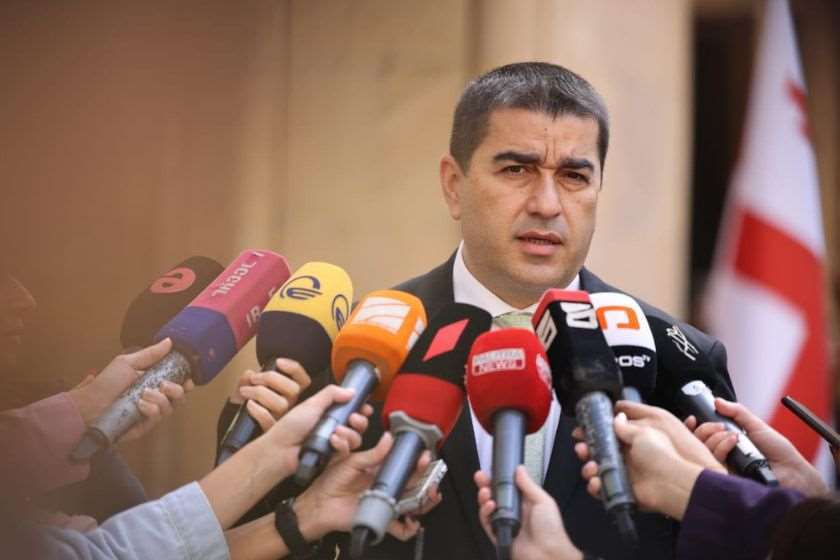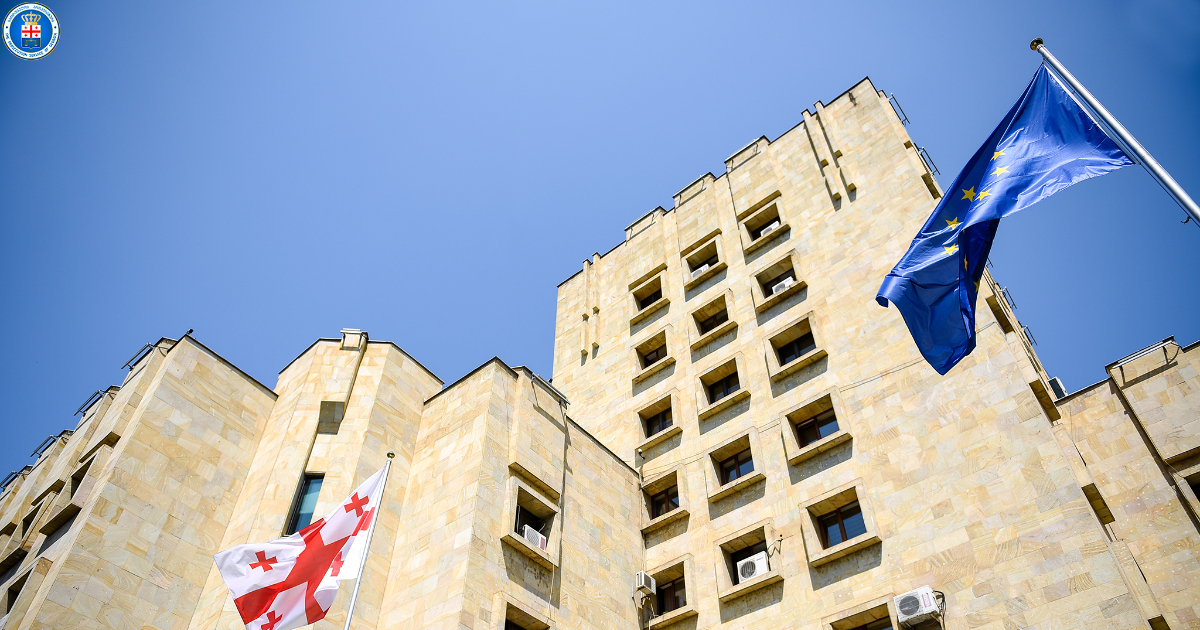Georgia’s Parliament Speaker criticizes EU’s “directive tone” at EU Speakers' Conference

Author
Front News Georgia
Speaking at the May 12 Conference of Speakers of European Union Parliaments (EUSC) in Budapest, Georgian Parliament Speaker Shalva Papuashvili delivered a pointed critique of the European Union’s approach to its partner and candidate countries. He warned that the EU’s increasingly centralized structure and “directive tone” risk undermining democratic self-governance and national sovereignty.
Papuashvili argued that while European integration offers important opportunities, it must not come at the expense of national identity and decision-making power. “The centralized EU structure sometimes imposes strict conditionality that does not necessarily reflect the consensus,” he stated, cautioning against a model that, in his view, leans toward imposition rather than dialogue.
He voiced particular concern over EU proposals to reform Georgia’s judiciary by introducing a “vetting” mechanism with international oversight, calling such measures a violation of democratic principles. “This system, if accepted, will contradict the very principle of democracy, where authorities stem from the people… I doubt that any of the EU member states would have allowed such an intervention in their sovereignty,” Papuashvili said.
The Speaker also criticized EU institutions for placing obligations on Georgia while the country lacks a formal voice within EU structures. “While the parliament is elected by the Georgian people and represents its will, regrettably, we see attendance by some European institutions to speak with us in the language of directives,” he said. “Having obligations without the right of the voice… does not fit well with the very principle of democratic pluralism on which the EU rests.”
He further challenged ongoing discussions within the EU about shifting from consensus-based to majority-vote decision-making, warning that such a change could weaken the voices of smaller countries. “Democracy should be based on deliberation, not imposition,” he said. “In a community of nation-states, small states’ voices should be heard equal to the others because the truth is not measured by the quantity alone.”
Despite these criticisms, Papuashvili reaffirmed that the Georgian Dream-led government remains committed to the EU integration path. He described his party as the one that “has done the most to advance Georgia towards the EU,” even as Prime Minister Irakli Kobakhidze announced in November 2024 that the country would pause its EU membership process until 2028.
Only after laying out these concerns did Papuashvili turn to regional security issues, expressing Georgia’s continued solidarity with Ukraine amid Russian aggression. “Georgia always supported and will always support Ukraine and its fight for its independence and territorial integrity,” he said.
Papuashvili traveled to Budapest with a Georgian Dream delegation that included Nikoloz Samkharadze, Chair of the Foreign Relations Committee, and Levan Makhashvili, Chair of the EU Integration Committee. The delegation is also holding bilateral meetings on the sidelines of the EUSC.
Tags:
Shalva Papuashvili




